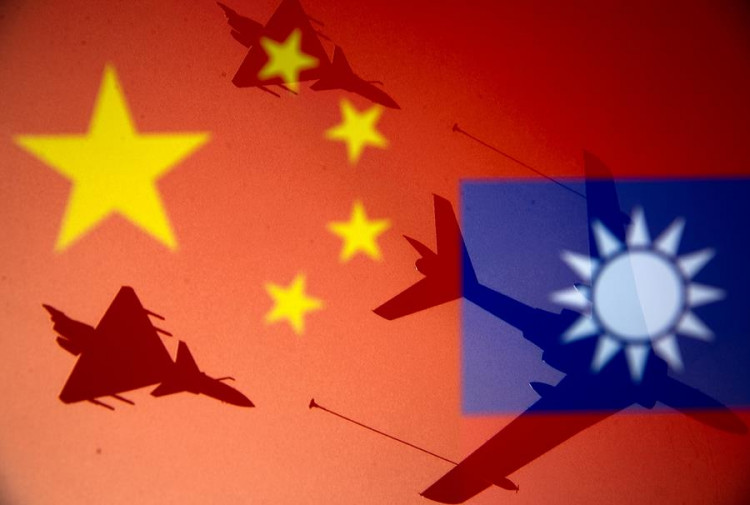According to the most recent estimate from a respected American think group, China is unlikely to succeed in conquering Taiwan in a hypothetical invasion of the island in 2026.
However, such a confrontation would devastate both sides of the strait, the U.S. and Japan, with total losses in the tens of thousands.
If Washington decides to defend Taiwan, it must engage in direct combat as soon as possible because there will be no "Ukraine model" that allows the U.S. and its allies to avoid sending troops to the battlefield, according to a report released on Monday by the Centre for Strategic and International Studies (CSIS).
The authors of "The First Battle of the Next War: Wargaming a Chinese Invasion of Taiwan" forewarned that the U.S. might achieve "a pyrrhic victory," meaning that it would probably suffer longer-term consequences greater than "the 'defeated' Chinese."
The CSIS report is released at a time when the Taiwan issue has shown to be a persistent source of conflict between the two sides of the Pacific.
China has stated it will eventually join the island with the mainland, using force if necessary, and asserts that Taiwan is a part of its territory.
The island is not recognized as an independent state by several nations, including the U.S. According to official U.S. policy, Washington "acknowledges" the existence of Beijing's claim to sovereignty over Taiwan but does not recognize it.
The National Defense Authorization Act, signed by U.S. President Joe Biden, established the U.S. military budget for the coming fiscal year and contained a $10 billion security aid package for Taiwan over the next five years.
President Xi Jinping has set a fundamental goal for the People's Liberation Army to be fully modernized by 2027, the centennial of the PLA's formation.
The U.S. Central Intelligence Agency contended that Beijing aimed to build the capability to take control of Taiwan by that year, however military officials believed nothing was fixed in stone and that the timing of any attack on the island would be highly dependent on US forces' vigilance.
The CSIS report released on Monday elaborated on findings from 24 rounds of a war scenario that used historical data and operations research to simulate and map likely consequences of a Chinese amphibious invasion of Taiwan in three years.
In the majority of the simulations, Washington, Taipei, and Tokyo would triumph in preserving Taiwan's autonomy.
"There is one major assumption here: Taiwan must resist and not capitulate. If Taiwan surrenders before US forces can be brought to bear, the rest is futile," the report said.
According to the article, however, a U.S.-Japan defense of Taiwan would come at a great cost. It predicted that in a military battle with China, the U.S. would suffer possibly its worst casualties since World War II.
Still, the authors underlined that "modeling an invasion does not imply that it is inevitable or even probable".
They speculated that the Chinese government would pursue a policy of diplomatic isolation, grey zone pressure, or economic coercion against Taiwan. Even if Beijing decides to use military force, it may opt for a blockade rather than an invasion.
"However, the risk of invasion is real enough and potentially so destructive that [an] analysis is worthwhile," it added





